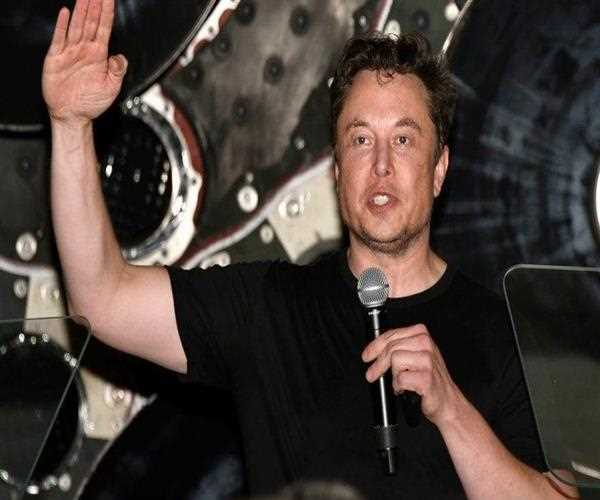
The Decision of FCC SpaceX had Risks Giving Chinese Providers an Edge
On Monday, Nathan Simington the FCC Commissioner has mentioned that the Chinese satellite internet providers may gain a competitive advantage from a decision by Federal Communications Commission (FCC) employees to deny SpaceX $885.5 million in rural broadband subsidies.
HIGHLIGHTS
- FCC staffs denied SpaceX $885.5 million in rural broadband subsidies
- SpaceX poised to get $885.5 million to beam satellite internet to U.S. regions
- FCC commissioners were urged to review SpaceX's appeal
On Friday, Elon Musk's SpaceX had challenged the FCC's decision for rejecting its application for funds tentatively awarded in 2020 under the commission's Rural Digital Opportunity Fund. It has been considered as a multibillion dollar program during which SpaceX was poised to get $885.5 million to beam satellite internet to U.S. regions with very little to no internet connections.
David Goldman, the SpaceX's senior director of satellite policy had written that 'The decision seems to have been rendered in service to a clear bias towards fiber, instead of a merits-based decision to truly connect unserved Americans.' He added that 'It was hard to not see it as an improper attempt to undo the (FCC's) earlier decision.'
Simington had even raised issues concerning the Commerce Department's separate decision to exclude satellite broadband providers from a $42.5 billion broadband internet subsidy fund, which mentioned that it might facilitate Chinese companies.
Simington had mentioned that 'These actions would risk giving Chinese satellite internet providers who would have the total support of their government, a competitive advantage in serving the rest o the planet.'
SpaceX's Starlink, a fast-growing network of over 3,000 satellites in low-Earth orbit, has tens of thousands of users within the US till now, along with customers who have been paying a minimum of $599 for a user terminal and $110 a month for service.
Rosenworcel mentioned Starlink's technology 'has real promise' however that it couldn't meet the program's necessities, citing information that showed a gentle decline in speeds over the past year and casting the service's worth as too steep for customers.
Simington had urged the FCC commissioners to review SpaceX's appeal and would confirm that Americans in rural areas 'get connected as soon as possible.'
Also Read: FCC Rejection of Rural Broadband Subsidies was appealed by SpaceX


